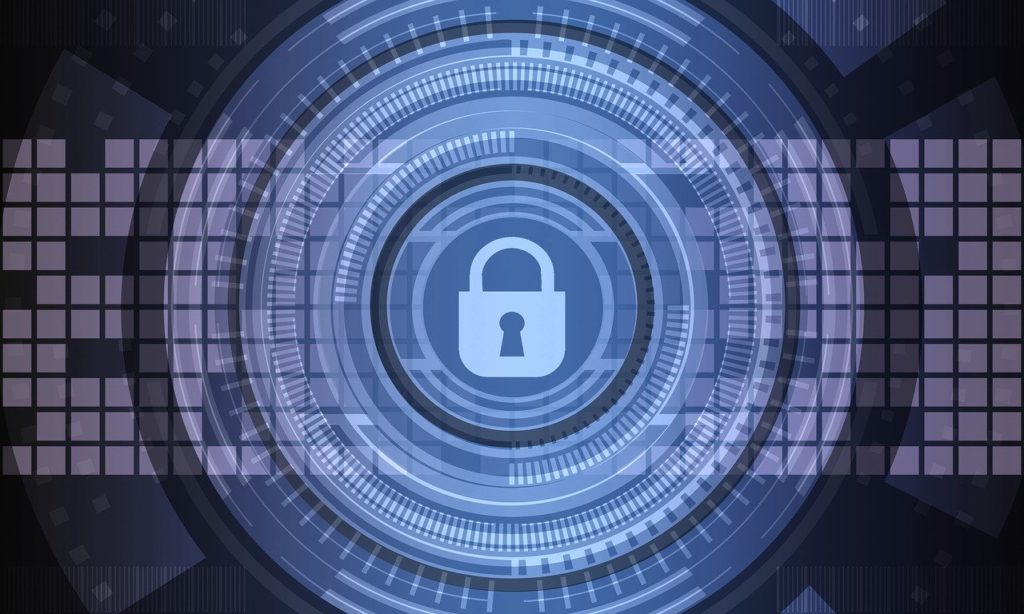The pre-COVID telehealth market industry was valued at $49.8 billion. Now, it’s expected to hit $266.8 billion by 2026—that’s more than quadruple it’s value.
These numbers are less about money and more about the way society’s moving. Technology’s the way of the future.
Like brick and mortar businesses have gone digital, healthcare’s followed suit. As healthcare providers shift to remote care, they’ve had to ensure their policies follow.
The backbone of effective healthcare’s HIPAA compliance. Without it, no one’s information is safe. Mastering HIPAA compliant telehealth’s easy with the following protocol.
Here’s what to know.
HIPAA Compliant Telehealth
The internet poses risks for fraud, data interception, and third-party encryption on a good day. Technology keeps this COVID world spinning, so it’s crucial to have HIPAA compliant telehealth platforms.
The core principle in healthcare’s always been patient safety. Here’s how to make sure of it.
Know Your Platforms
Is your telehealth platform HIPAA compliant? Remote healthcare encourages everyone to be more aware of media platforms.
It may be obvious to some that SMS texting, Facebook, and Whatsapp aren’t HIPAA compliant telehealth technology. To others, it’s impossible to know what’s what in this ever-changing techno-age.
Knowing what’s not safe makes it easy to identify what is. Here’s the difference.
Non-HIPAA Compliant Telehealth
This isn’t about bashing platforms. Every system has a time and place. Google, Skype, basic email, and texts are simply not the place to keep confidential medical records.
Why? These systems don’t have Business Associate Agreements (BAA) agreeing to protect your personal health information (PHI). No one wants to enter a session without guaranteed confidentiality.
So which technologies do protect you?
HIPAA Compliant Telehealth
Meeting forums like Zoom, Doxy.me, thera-LINK, TheraNest, and others are secure medical platforms. They have the appropriate BAA to protect your information.
While regular email isn’t secure, providers have patient portals that serve as HIPAA compliant email for telehealth.
Deciphering between safe and unsafe platforms is more a question of whether they’re HIPAA compliant. For patients, talking with your medical providers about their telehealth HIPAA policy’s a good way to feel secure online.
Consequences of Non-Compliance
There are severe consequences to HIPAA non-compliance. Some of these include employee or company termination and civil and criminal fines up to $50,000.
It’s the provider’s responsibility to be HIPAA compliant to avoid potential violations. Fear’s a great motivator, but it doesn’t have to be yours.
It’s easy to be HIPAA compliant as it aligns with being of service.
Benefits of HIPAA Compliant Telehealth
Healthcare isn’t healthcare without confidentiality, so telehealth’s not healthy without HIPAA compliance.
HIPAA stands for Health Insurance Portability and Accountability Act. In a world that’s become more portable than ever, telehealth’s the new normal.
Not to fear—HIPAA is here. Here are the benefits of HIPAA enforcement.
1. It’s Integrous
It’s easy to let policies slip through the cracks over time. Telehealth HIPAA compliance serves as a societal reboot. Everyone’s on their toes and more engaged than ever.
People think becoming HIPAA compliant’s a one and done situation. In reality, patient safety and confidentiality are an ongoing process. As a result, everyone’s held to the highest standard of care.
This happens by monitoring medical records and performing appropriate risk analyses.
2. It Encourages Patient Advocacy
Pre-COVID patients knew HIPAA compliance as a signature on a form at the doctor’s office. Through telehealth, care providers are re-educated around HIPAA compliance and practices. As a result, their patients get educated—maybe even more than before!
Patients can now understand HIPAA compliance in a new way. What are your rights as a patient? Where’s your information going?
Patient advocacy means participating in your recovery. Asking questions and gaining a HIPAA education’s empowering. It makes it so that you’re working with your medical team.
3. It’s a New Skillset
Healthcare’s notorious for needing adaptable, flexible, and versatile people. Telehealth’s proof of that. Shifting to virtual systems prompts challenges and new skillsets.
There’s never a dull moment in healthcare. Beyond knowing the HIPAA basics, being HIPAA compliant’s a practice. This includes:
- Managing passwords
- Implementing risk assessments
- Upholding medical standards
- Staff training
- IT capabilities
- Monitoring cyber risks
Having a HIPAA security resource limits the overwhelm of this transition. It can aid in ongoing HIPAA checks to keep you serving with integrity. Sound systems can result in the following:
- Increased trust among patients and providers
- Improved provider performance
- Strong communication and transparency
- Better business
- Greater health
COVID’s deepened everyone’s understanding of health. It’s no longer about salvaging old systems but creating new ones. There’s endless potential for the healthcare industry to use telehealth to their advantage.
Telehealth Gone Right
Don’t let COVID be the thing to take your business down. Change sparks resilience and creativity. Technology’s made some professions more successful than ever—and the medical field’s one of them.
Now’s the time to improve old, stagnant systems by re-committing to HIPAA compliance. You may even end up offering stronger services.
Ask yourself:
- How can a HIPAA compliant telehealth resource impact my business or organization?
- How does HIPAA relate to quality care?
- How can HIPAA improve my performance as a provider?
- How can I make my patients feel safer?
Strong telehealth HIPAA compliance empowers everyone: the patient, the provider, and the company. Telehealth has the ability to transform healthcare into a better version of itself.
Knowledge is power—and like Maya Angelou says, knowing better means doing better. Amidst this uncertainty, it’s the perfect time to get certain about your practice’s HIPAA compliance.
HIPAA Heals
HIPAA’s allowed for pristine medical practices, where patients can address their ailments. Health providers are nothing without the trust of their patients. A skilled practitioner’s reflected in their client relationships.
HIPAA compliant telehealth’s the next right step during COVID any beyond. More people are in need of trustworthy providers and HIPAA compliance can make or break their decisions.
Don’t put yourself in a position to let patients question your policies. Be so HIPAA safe, they won’t have to think twice.
Contact us today for a free quote and to see that your HIPAA compliance is at its highest!


